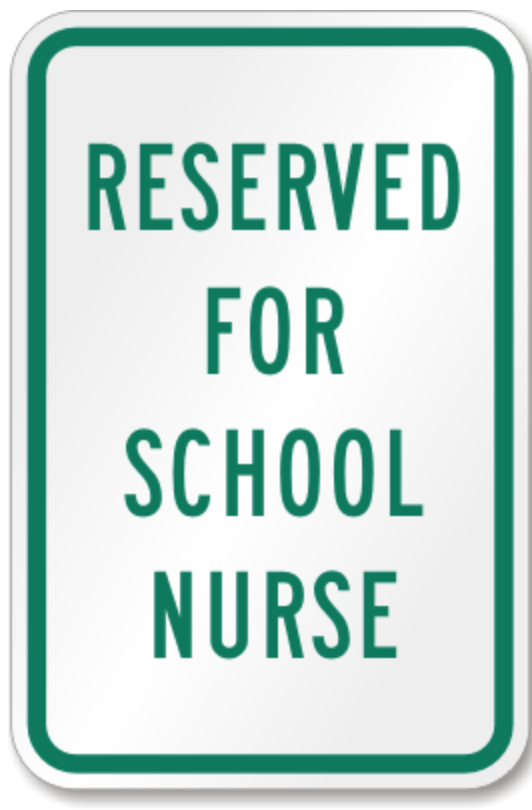
I came across an article this week that caught my attention about a School-Based Health Center (SBHC) that had opened in two schools in Jacksonville, FL. While I am a proponent of community-based healthcare and do believe in the importance of SBHCs, I was taken back by the depiction of school nurses by the staff of the SBHC. Here are some examples:
“We looked at the children who came to Wolfson’s emergency room and had no primary care,” he said. “We’re not talking about the school nurse down the hall. We’re trying to create a clinic where parents can bring their child.” - Hugh Greene, President of Baptist Health
“Regular school nurses provide limited care, said Christie Johnson, the nurse practitioner who runs the clinics at Ribault middle and high schools.”
“A school nurse can provide help for symptoms a student is experiencing, she said. ‘They provide a lot of tender loving care if a student scrapes a knee. Now (with the school clinics) we can do much more. We’re going to be able to give extensive health services, providing medical care directly, in the schools.’”-Christie Johnson, Nurse Practitioner
Note: This is the original quote from the article attributed to Christie Johnson retrieved from the jacksonville.com/news site on 1/25/18. It was edited sometime after my attempt to contact the journalist and the nurse practitioner: “A school nurse is really a health tech; they can provide help with symptoms a student is experiencing. They provide a lot of tender loving care if a student scrapes a knee." - Christie Johnson, Nurse Practitioner
Click here to read the full article:
http://jacksonville.com/news/metro/education/2018-01-16/baptist-wolfson-open-health-clinics-schools-poor-jacksonville
Stunned, angry, disappointed are descriptions of my first response to this article. I encourage you to read the full piece and form your own opinion. This is an opportunity for frank discussion about the “culture of nursing.” The division in nursing will continue to widen unless we shine a spotlight on glaring moments like this and call it out for what it is…misguided, disrespectful and frankly an outrageously ill-conceived stereotype that cannot be farthest from the truth.
To be fair, I attempted to reach out to both the journalist, Denise Smith Amos, and Christie Johnson, the Nurse Practitioner, to clarify the information and the quotes in the article, with no response. In addition, staffing in a school health office in Florida and other states varies from county to county and state to state. There may be staff members that are referred to as “school nurses” but in actuality, they may be unlicensed assistive personnel (UAPs) or LPNs. I do not know the licensure or certification requirements of the school health office staff in Duval County, Florida. But I do know that a professional school nurse is needed in every school across this country.
The broader discussion is the issue of professional courtesy and collegiality in pursuit of the greater goal of caring for students and families. In my opinion, it is neither professional, appropriate, or kind to put one group down to lift another up. We are living in complex times that requires a cross-sector, team approach to solving our most challenging social issues that impact student and community health. The old adage that a nurse is a nurse is a nurse is wrong, misinformed and frankly dangerous. School nursing is a specialty, independent practice that requires a specific skill set and knowledge base that must be continually honed as the complexity of our students' increases at a rapid pace.
School nurses and SBHC can and should collaborate for the greater good of the health of a school population because our roles are unique and vital. NASN published a position paper entitled: The Complementary Roles of the School Nurse and School-Based Health Centers (Adopted January 2015) https://schoolnursenet.nasn.org/blogs/nasn-profile/2017/03/13/school-based-health-centers-the-complementary-roles-of-the-school-nurse-and
Please share your responses to the article and the issues raised in this blog. I am curious to hear from school nurses who work with SBHCs and how they navigate these tricky waters.
